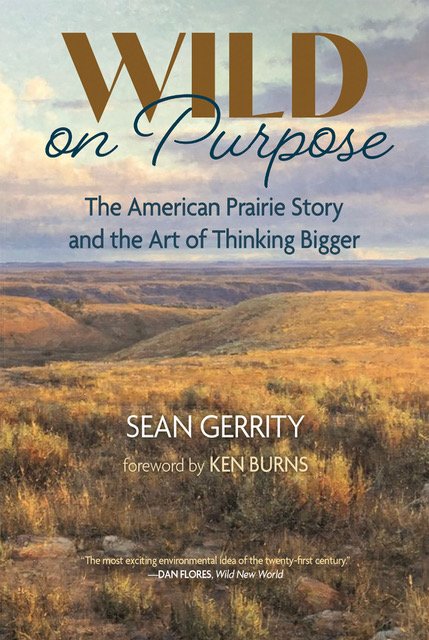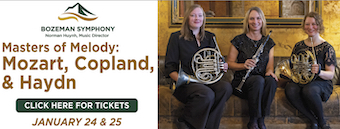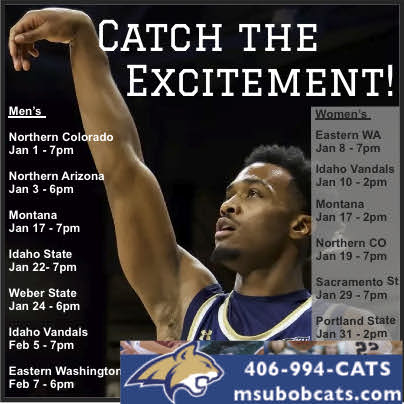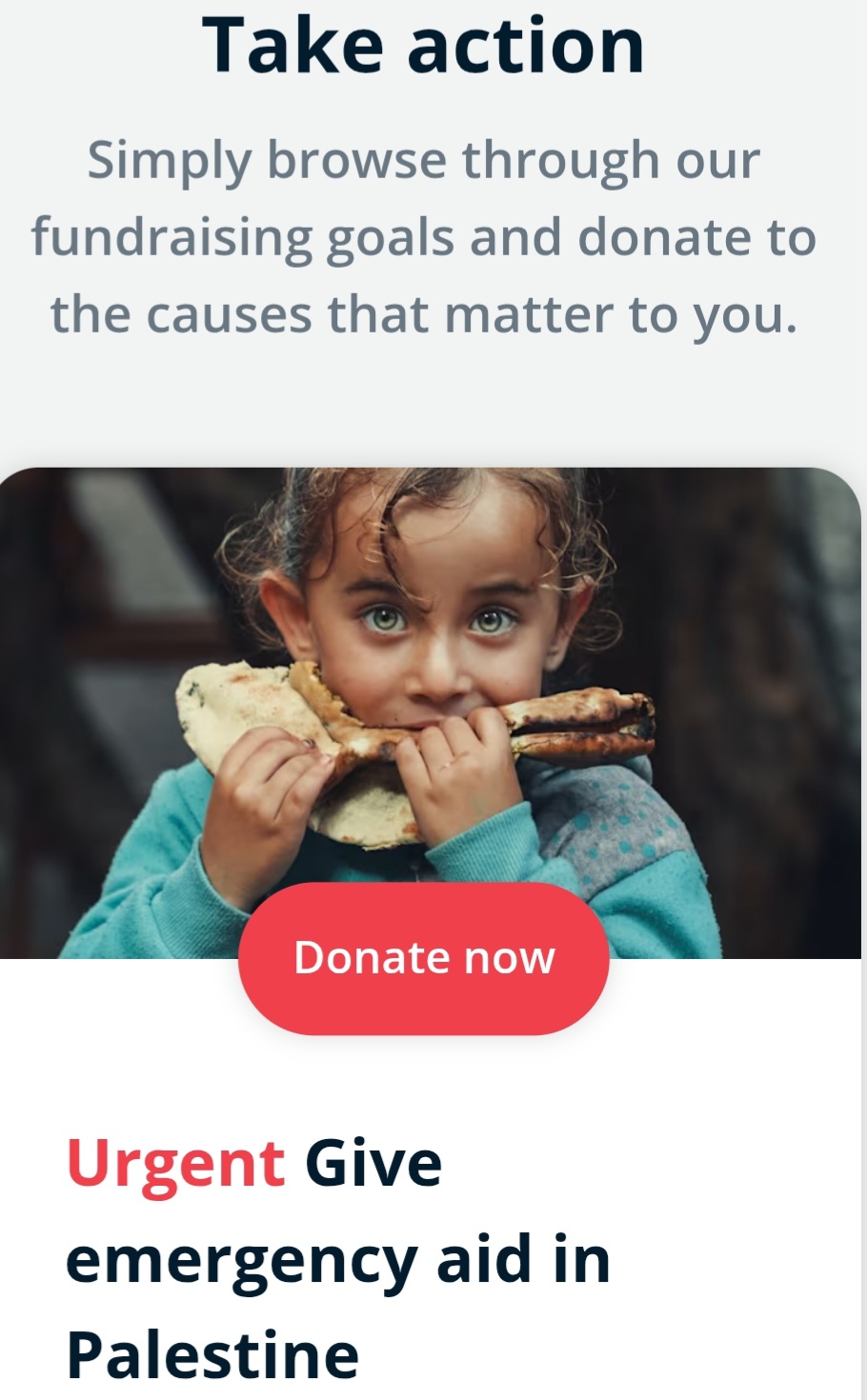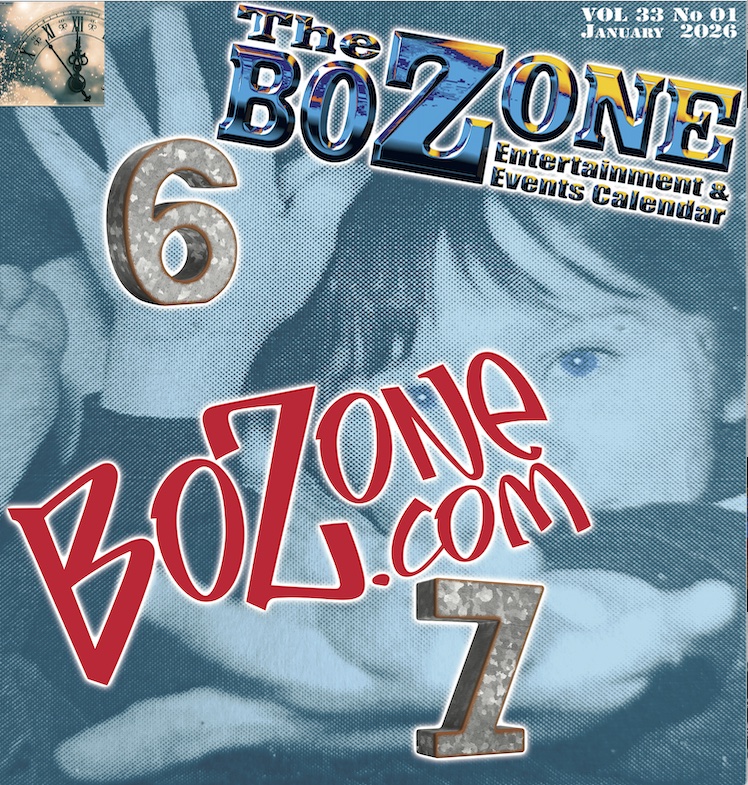Afro funk & soul ensemble kicks off Music on Main in zestful fashion
One of Bozeman’s favorite community events returns to the streets of Downtown later this month as John Roberts Y Pan Blanco takes the stage for the first in the 2018 Music on Main Summer Concert Series on Thursday, June 28th. Featuring vocals in Spanish, English and Portuguese, the group melds high-energy Funk, African and Latin grooves with soulful instrumental solos aimed at sharing musical and cultural diversity with its audiences.
Frontman John Roberts began his musical journey at the age of 5 on piano and trombone, expertly honing his craft with continual learning in the time since. His career has prompted recording and extensive performance in Los Angeles, Montana, the greater United States, and all around the world. Roberts is now on faculty at Montana State University-Billings as a Jazz, music theory, low brass and world music instructor.
In anticipation of the upcoming Bozeman performances, The Rolling Zone spoke with Roberts about his unique style and multi-cultural frame of reference.
RZ: Hi John. You have the privilege of opening this year’s ‘Music on Main’ festivities, of Bozeman’s most popular events. You’ll also perform as part of the Library’s ‘Music on the Green’ series in July. What can residents and those visiting expect from these outdoor summer shows?
JR: They can expect a blend of Cuban, African, and American funk and soul. The thing that ties the music together is that it’s all danceable. The band is high-energy, [features] great soloists and Cuban percussion with the sound of African guitar mixed in – even “Charanga,” Cuban violin sounds.
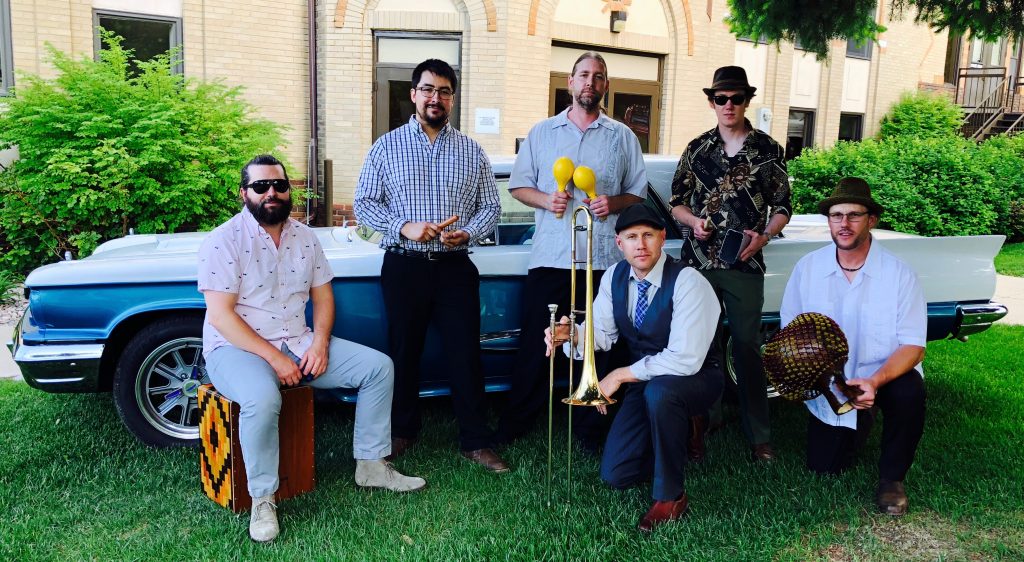
RZ: Your music draws influence from numerous genres and world cultures. For those unfamiliar, how would you describe your sound?
JR: It’s a different mix. As a musician in Los Angeles, I toured with a lot of salsa and Argentine bands, orchestras, as well as soul, funk, and jazz groups. I wanted to mix it all together when I came to Montana to make sure there was something for everybody. There’s a groove and a funk to all of it [and] everybody can appreciate something from another culture. All the music we hear nowadays has roots in Africa, so that’s really what ties it all together to me.
RZ: This ensemble inspires its audiences to dance and enjoy life. Stepping out on stage, what objectives do you have for a performance, large or small? On the flip side, what expectations do you have of your audiences?
JR: I take what we do as artists and musicians very seriously, the responsibility and blessing to get up in front of people and perform for them, or to possibly affect them emotionally. When we step onto the stage, we’re having a blast. We want to have fun and convey that energy of positivity to the audience. We have to do that every time we hit the stage. Numerous times, I didn’t expect people to be affected the way they were, in certain ways so positively they can’t stop thinking or talking about it. It’s not necessarily [what] we play, it’s the fact they were maybe in a depressed or negative spot and were affected positively. That really is the point of all this music. That’s my whole concept of being a musician. If we do it right, the audience responds by dancing or listening or singing, even just tapping their food or moving their shoulder. When they respond one way or another, we respond back. My favorite thing is to be in touch with an audience.
RZ: I can assume you’ll play a few tunes from your latest release, 2016’s Soul y Pimienta, at these upcoming shows.
JR: Yes! [The title] is a play on words. In Spanish, sal y pimienta means “salt and pepper.” Soul y Pimienta is like “soul and spice,” which is what we play. We’ll probably play all of those songs, and I have some new ones I’ve been working on. [There are] some that aren’t quite ready to play yet, but I am working on my next album which will be done partly in Montana, Los Angeles, and Cuba.
RZ: Do you have a favorite track you enjoy performing?
JR: My favorite song from Soul is “Pajarita,” which is about my daughter. It was inspired by her dancing to the sounds of a Cuban band as I watched her in my living room. She’s just always loved that music. I don’t know if she knew why, but I was always playing in those bands and she heard me. And my new favorite composition – and maybe personal anthem – is called “Soul Ain’t Got No Color.” It’s about acceptance and how people from all cultures are valid, accepting them for who they are.
RZ: You have performed to audiences all over the world. How do you compare playing in some of those exotic places to doing so right here in Montana?
JR: I’ve been very fortunate to have the experience I’ve had, and to be honest, way more than I ever thought I would. Touring around the world, I’ve played with a lot of people. I would never negate that experience – that’s what gave me my voice, musical abilities and influences. Everybody has to learn somewhere. When I moved back to Montana five years ago, I was missing this kind of music. I put on a little show in Billings and something like 400 people showed up. I thought, “Whoa. This is kind of crazy.” Now every time I do a show, I’m meeting new people from different parts of Montana and people who have transplanted here – Cubans and Puerto Ricans and Guatemalans and Mexicans and Hondurans and Panamanians. It’s amazing the people that come out to these shows that I would have never met otherwise. The audiences in Montana have been very welcoming and accepting of this music, which, isn’t commonplace [here] or the surrounding five or six states. Being in touch with them has been amazing. Playing here is a different experience but I’m doing my music with my voice, based on these experiences with well-known names around the world.
RZ: You’ve surely got one or two great stories from your many travels. Can you share a particular experience that might’ve genuinely enhanced your craft?
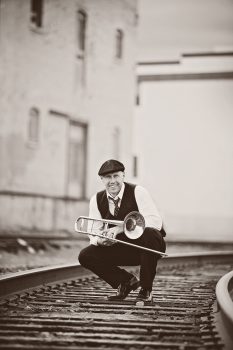
JR: That’s a big question. There are a couple groups I’ve played with, three in particular that really, really affected me. One was Ricardo Lemvo and Makina Loca, [who plays] a blend of Cuban and African music. That was a super important influence on what I do, not to mention meeting the people in the band from these places around the world, understanding where they came from and some of the plights they’ve dealt with in Africa or Cuba or Puerto Rico or Spain. It was a very cultural mix. I learned a lot about life and these kinds of music in that band.
RZ: You mentioned a couple others.
JR: I got into Bobby Womack’s band when I was 25 or 26. He was a world-renowned songwriter and his band was basically a who’s who of ‘70s and ‘80s soul. That was a crazy experience – and it wasn’t always fun. I learned a lot as far as songwriting and soul music goes, but also had to deal with some people who were high or drunk all the time, [who had] certain lifestyles they didn’t want to let go of. But when I moved to LA, all I wanted to do was play in a soul and funk cover band. Then two years later, I’m playing with Bobby Womack who helped start soul music in Sam Cooke’s band.
RZ: Crazy for sure.
JR: Then of course Chaka Khan’s group was super high-end. I learned a lot there, too. It never ends – you just keep learning. Those experiences really helped shape me, as well as going to Africa, to Mexico, to Cuba, going to these poverty-stricken areas around the world. I like to chase down the roots of whatever it is that I’m doing. These are the poorest people in the world, but as soon as that music starts, they just start dancing and enjoying life. In the United States, we try and build music and arts into our culture, but in a lot of African and Latin-based cultures, [theirs are built] around the music and dancing. Everybody dances all the time. The poorest people in the world write the happiest music.
RZ: They really do. Now, I haven’t worked on my Spanish since high school, but I believe the group’s name translates to “John Roberts and White Bread.” Is that correct? How was it decided that’s what this band would be known as?
JR: That was my nickname in a lot of bands I played with in Los Angeles. When I was searching for a name for the group, I didn’t want anybody to get the idea that I was discriminatory or anything like that. I don’t think they do because of the music we play. And not everybody in the band is white bread – we have a Latino guitar player and sometimes I fly in a Cuban guy to play congas with me. What I really hope is that people perceive us as a fun-loving group that doesn’t take itself too seriously. Just by the name “Pan Blanco” in Spanish, we’re bringing some respect to Latino cultures. So, it’s multi-faceted.
RZ: You’ve got a summer of regional touring ahead, then what? Where do you go from here?
JR: There’s a bunch of things. I’m working on my next album – I’m always working on more shows, more music and writing. I’ve played from Portland to Wisconsin, and it would be nice to get overseas. It’s maybe simplistic, but my priority is to reach as many people as I can and to be reached in return. I want to finish the new album, and then I also want to do a soul album based on my experiences in that world – just like pure, old school soul. I have some children’s books I’m working on, stories about music. Then of course, keep traveling around the world to learn of other cultures and hopefully affect people positively in return, bringing that back to Montana or to whoever needs it. It always seems like the more you learn, the more you have to learn. The better you get, the better you have to get.
John Roberts Y Pan Blanco will open the 18th Annual Music on Main Summer Concert Series on Thursday, June 28th in historic Downtown Bozeman. Music on Main festivities will take place between Rouse and Black Ave. with the music running from at 7–8:30pm.
Bring the kids from 6:30–8pm for the Coca Cola “Kids’ Zone” on South Bozeman Ave. which featuring bouncy houses, hula hooping, and more! Grab a bite to eat from one of the many rotating food vendors, stop by a local nonprofit booth providing an array of family activities, step into a few of the downtown stores that’ll be open late, and of course, enjoy outstanding live music from John Roberts Y Pan Blanco and other local and nationally-recognized bands throughout the season.
Music on Main is a FREE community event hosted by the Downtown Bozeman Association and funded by its many generous business sponsorships. Please visit www.downtownbozeman.org to learn more about the 2018 series.
Looking to next month, John Roberts Y Pan Blanco returns to the outdoor stage on Sunday, July 15th for a featured performance at Bozeman Public Library’s Music on the Green from 5–7pm. This family-friendly event is also FREE and open to the public.
Get further acquainted with the band and frontman at www.johnjroberts.net or find them on Facebook for updated tour details and announcements, @johnrobertsypanblanco. Roberts’s latest album, Soul y Pimienta, is available now. •

